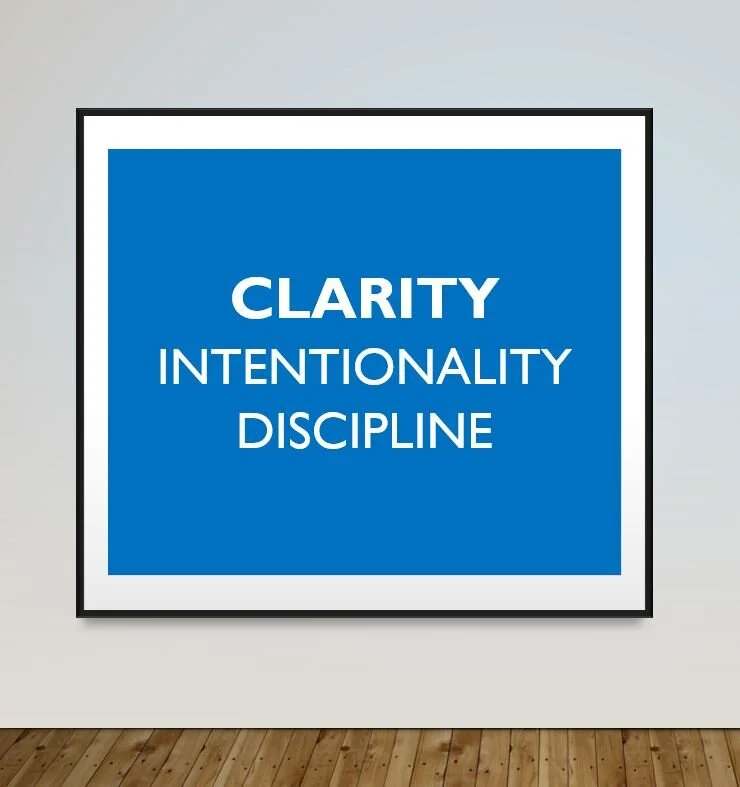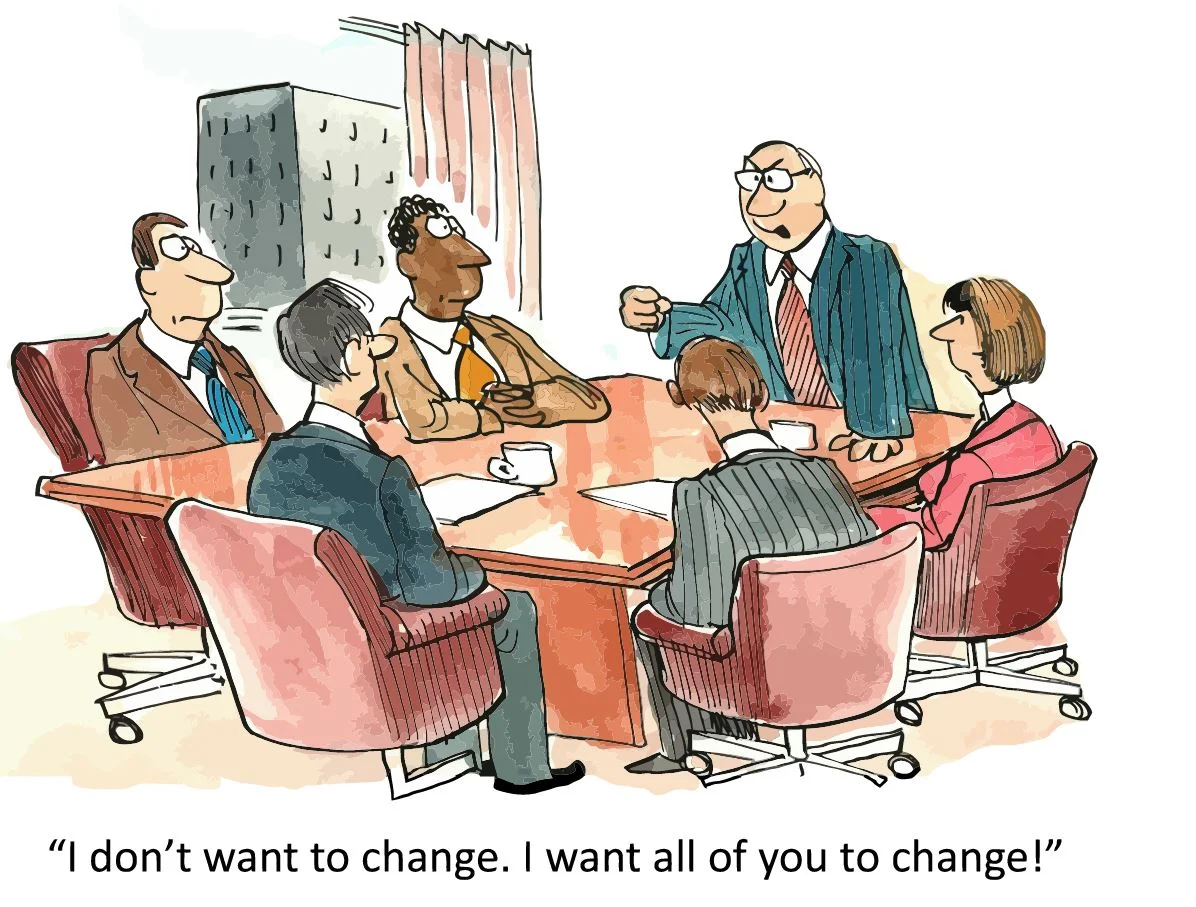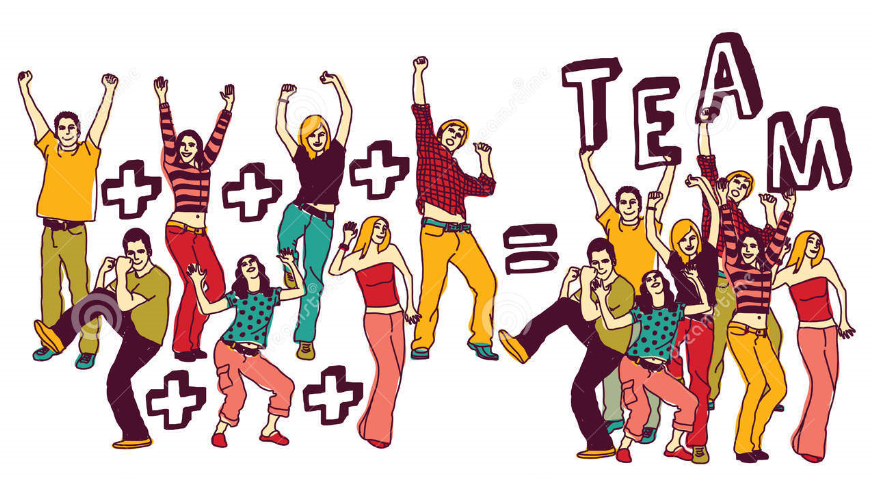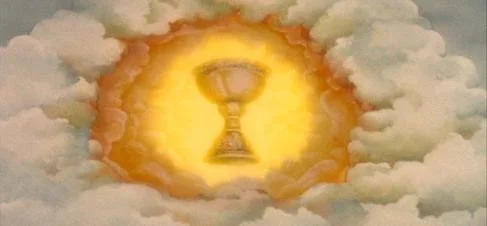Instead of fostering teamwork, shared goals drive more individual effort. But where’s the collaboration? There isn’t any. Shared work, by contrast, focuses collaborative effort. Should they also share goals? Sure, that’s how they will know they achieve what they set out to do. But it is the specific work a team shares that ignites powerful collaborative behaviors.
Read MoreShared work must be as clear and compelling as people’s individual responsibilities. If you want collaboration from these achievement motivated folks, the pull has got to be irresistible. The teamwork you are proposing must be as clear and compelling as their individual tasks; it must tap into their deep-seated need for accomplishment. This is how great teams operate.
Read MoreTeam stages tell you little nowadays. We still base team development on theories from the 1950s and '60s. Those concepts made sense in their day but organizations and the world they operate in have moved on. It doesn’t matter when a team was formed or how much time they spend physically together: there’s work to be done and people must work together to do it. We’re ready to share a new, improved approach to teamwork with you and your organization.
Read More“TOGETHER WE ARE COURAGEOUS ARCHITECTS OF THE FUTURE OF PETCARE”.
This statement is not only inspirational and aspirational, it’s also practical. For example, if a topic didn’t deal with the future of the entire petcare segment, if it wouldn’t make a difference to what the segment might look like 5 or 10 years ahead, that topic wouldn’t make it onto their agenda.
Read MoreWithout clarity we waste time in meetings we don’t need to be part of, listening to stuff we don’t need to hear. What’s worth meeting about and engaging around? It’s that simple.
Read MoreNeither “Real Team” nor size nor description of your team or group matters. Whether you’re called a council, a committee, or a board the same thinking about units of collaboration applies. Focus on the work needing collaboration and get on with it.
Read MoreTeam dysfunction? Spoiler alert: The manager is always the problem.
Read MoreWe’ve all seen them. Posters of rowing teams pulling together silhouetted against a golden sunset. Quotes from legendary coaches. Platitudes about teamwork outlined in a company’s “Core Values.” All of this amounts to lip service without any true action to support it.
Read MoreIn a previous episode of my podcast, Lessons from Mars, I mentioned that I became uneasy with the existing approaches to team development. I’d been working with Tuckman’s 4 Stages of Team Development - a standard in team development for decades.
Tuckman’s stages, which include Forming, Storming, Norming, and Performing, offer useful insights into how groups form and mature as teams. However, as I dug deeper into the Four Stages as part of a team charged with creating a team development module for a Mars Management Development program, I found there were three key flaws with Tuckman’s model as it was applied to the corporate world.
Read MoreOne of the often-cited traits of “real teams” is that they have shared goals. I’m not convinced that the distinction between real teams and other kinds of teams is valid, but that’s for another post. What I am clear about is this: While shared goals are important, they aren’t what makes a team effective or more collaborative or, if you ask me, “real.”
Read MoreWhat do you mean when you use the word, “teamwork”? Teamwork means different things to different people in different circumstances. Because the word has so many meanings, and because collaboration is more important than ever, we have to be more precise about what we mean by teamwork. This is especially true if we want to foster it in our workplaces.
Read More










